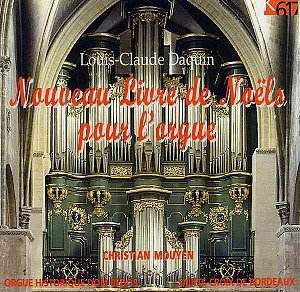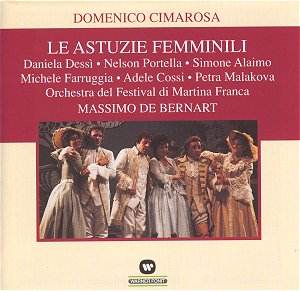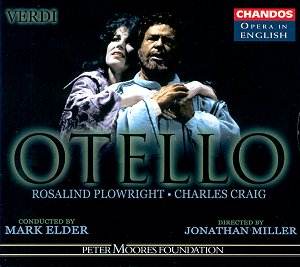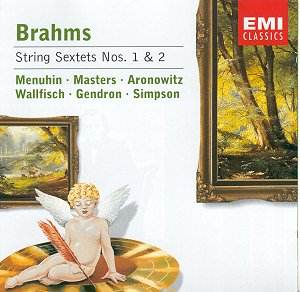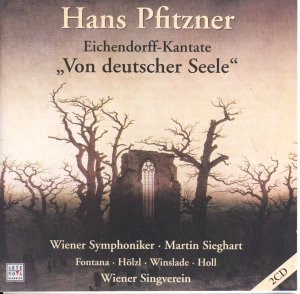 Composer: Hans Pfitzner
Composer: Hans Pfitzner
Works: Von Deutscher Seele – Eichendorff-Kantate (1921)
Performers: Gabriele Fontana (soprano), Barbara Hölzl (mezzo-soprano), Glenn Winslade (tenor), Robert Holl (bass), Anton Holzapfel (organ), Wiener Singverein, Wiener Symphoniker, conducted by Martin Sieghart
Recording: 27-28 November 1999, Großer Saal, des Wiener Musikverein, Wien
Label: Arte Nova
Hans Pfitzner, an enigmatic figure in early 20th-century German music, often stands in the shadow of his more famous contemporaries. His “Von Deutscher Seele,” a cantata based on the poetry of Joseph von Eichendorff, reflects a distinctively Germanic sensibility, interweaving personal emotion with national identity. Composed in the aftermath of World War I, this work encapsulates a poignant search for solace amid the debris of a shattered society. Pfitzner’s approach to Eichendorff’s verses is neither a straightforward interpretation nor a simple narrative; instead, it unfolds in a series of musical tableaux that evoke the profound psychological landscape of his time.
The performances presented in this Arte Nova release are marked by an earnest commitment to the music, with each singer bringing a unique character to their role. Gabriele Fontana’s soprano shines brightly, weaving through the intricate orchestral fabric with a clarity that often transcends the ensemble’s dense textures. Her voice particularly resonates in the climactic moments, where Pfitzner’s orchestration mirrors the emotional peaks of Eichendorff’s poetry. Barbara Hölzl, as the mezzo-soprano, provides a warm contrast, grounding the ethereal quality of Fontana’s singing. The tenor Glenn Winslade, while valiant, occasionally struggles against the orchestral backdrop, his tone wavering in moments that demand more solidity—yet his interpretive choices exhibit a genuine engagement with Pfitzner’s lyrical intentions. Robert Holl, though experiencing some vocal wobble, adds a gravitas to the bass lines that complements the overall ensemble.
The orchestral execution by the Wiener Symphoniker, under Martin Sieghart’s baton, is noteworthy for its sensitivity to Pfitzner’s intricate orchestration. The conductor draws out nuances that illuminate the underlying sentiments of the cantata, particularly in the orchestral interludes, which are crafted with a Mahlerian richness that evokes the spectral presence of the Great War. The brass section, particularly prominent in “Wir wandern …,” is both triumphant and haunting, underscoring the duality of hope and despair that permeates the work.
Recording quality is a vital aspect of this performance, with the Arte Nova engineers achieving a commendable balance that allows the voices to soar above the orchestral textures. The live setting, while occasionally permitting the audience’s coughs to intrude, also captures the immediacy of the performance, lending an authenticity that polished studio recordings sometimes lack. However, moments of technical missteps, such as the premature cymbal crash in the soprano scena, do detract from the overall polish of the presentation.
Comparatively, previous recordings, notably the Deutsche Grammophon edition featuring a stellar cast, offer a more refined sound quality but lack the visceral impact of a live performance. The historical recordings, while steeped in tradition, often miss the emotional depth that the current interpretation strives to uncover. Sieghart’s direction, with its emphasis on the lyrical soul of the work, suggests a path toward greater understanding of Pfitzner’s music, a depth that has often been overlooked in the canon of German romanticism.
The “Von Deutscher Seele” is a complex tapestry of themes that reflect the contradictions of its time—romantic longing intermingled with existential despair. This recording encapsulates Pfitzner’s unique voice, allowing listeners to engage with a composer who, while perhaps not as widely celebrated as others, offers profound insights into the human condition through his art. The overall performance is a testament to Pfitzner’s enduring legacy, marked by moments of beauty and introspection that resonate deeply in the contemporary landscape.
